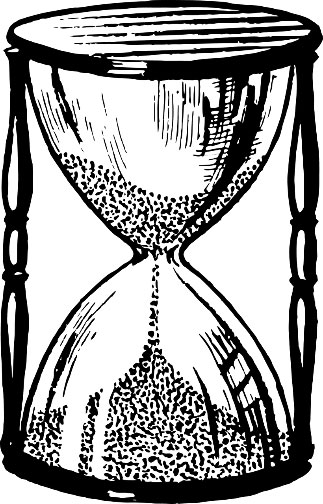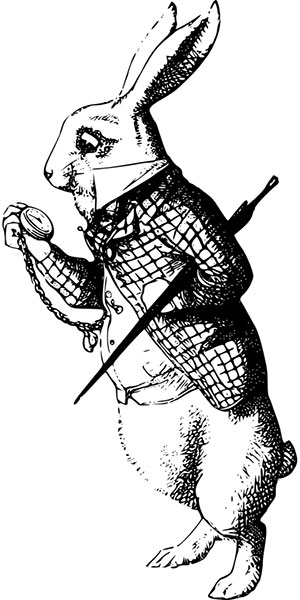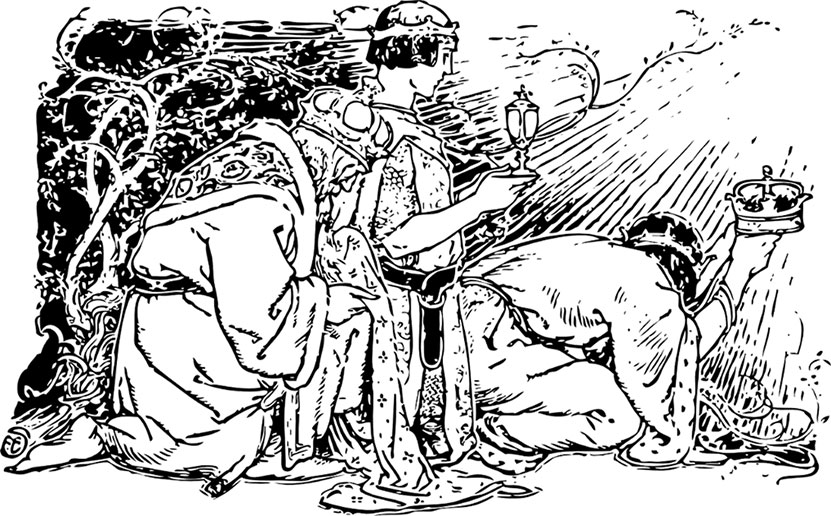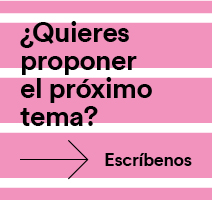Give your opinion
Giving (the) gift of time

The kings are coming! The Dr. Juan Pablo Viola PhD in Philosophy
from the University of Navarra, brings us an interesting reflection on the importance of time.
about the importance of time, which, despite its intangible nature, is one of the best gifts in these festive weeks.
intangible, is one of the best gifts in these festive weeks.

For anyone very familiar with contemporary French Philosophy , the name of Jaques Derrida is an inescapable reference point. This author, now deceased, born in Algeria, and very prolific in his work, wrote, among others, two books dedicated to the topic of giving: "Donner le temps..." (Paris 1991), i.e., "Donner le temps..." (1995), and almost "Donner le temps..." (Paris 1995). (Paris 1991), i.e. "Giving (the) time" (1995), and almost ten years later another book on the same subject, but in a more religious (or metaphysical) core topic called "Donner la mort", (Paris 1999), i.e. "Giving (the) death".
What I am interested in commenting on here are some interesting ideas of the French philosopher with regard to his first book. He takes as a figure for his argumentative thread the second wife of King Louis XIV, Madame de Maintenon, who for the professor and philosopher constitutes the example of the "Don". I will not present here the whole logic of the text, which is quite intricate, by the way, but I will quote a few sentences that will lead me to the conclusions I would like to share with the reader.
In one part of Chapter I, we read: "What could time have to do with the gift? We mean: what should it have to do with it? And further on: "In short, this woman says that she gives everything to the King [in a letter she wrote to a certain Madame Brinon]. For in giving all one's time everything is given, everything is given, if everything that is given is in time and if all one's time is given" (The underlining is mine).
 I will explain these excerpts a little, as I understand them, for the lay audience. One of the author's fundamental ideas is that "giving" time is not giving "something", because time is not a thing, nor an object (he even goes so far as to say that "it is nothing"). We do not notice this on a daily basis, however, although it may not seem obvious, temporality in itself is not tangible.
I will explain these excerpts a little, as I understand them, for the lay audience. One of the author's fundamental ideas is that "giving" time is not giving "something", because time is not a thing, nor an object (he even goes so far as to say that "it is nothing"). We do not notice this on a daily basis, however, although it may not seem obvious, temporality in itself is not tangible.
Thus, giving time is much more than a donation, in the vulgar sense of the word, in the sense of a gift, a present. For when we give it, what we are giving is "something" that, in a certain sense, we do not "have" (like someone who has a house or a watch). This idea, which I think is somewhat complex, means in simple language that giving time is, as quotation in the previous paragraph says, "giving of oneself".
A contemporary American psychologist and writer (died in 2017), Spencer Johnson, well known for his knowledge dissemination books (many of them Best-sellers), published a short, didactic and non-technical one, which in English bore the title. degree scroll "The present.
The book is a simple narrative about a young man to whom a wise old man reveals that in order to be happy he has to find "the present. The core topic of this simple text lies in the play on words that can be made with the English word "present", which is ambiguous and means both "present [time]" and "gift", a play on words that cannot be made at Spanish. Although it is true that the expression "to make a present" does exist, it is very cultured and no longer in use.
On the contrary, in our language we use the word "regalo", which does not have that double meaning, and consequently neither does it have the semantic richness of the English word. On a birthday, at Christmas, for the celebration of Epiphany, for an anniversary, in Spanish, at least in Latin America, "regalo" is always used.
Without going deeper into the Philology of this concept, in our colloquial speech, everyone, especially children, relate it to an object, to something, to a material thing. The moral of the American psychologist's parable is very simple, but very profound and very much related, in my opinion, to the philosophical disquisitions of the Frenchman Jaques Derrida: that one can make a person happier by giving him (her) time, i.e. by giving ourselves in what we give..
This does not mean that we should not give the children this coming Christmas time a toy, or our wife on our wedding anniversary some beautiful flowers. But even more important than the things we can give our sons and daughters, or husbands and wives, will be our time, that is, our dedication, attention, listening, a hug, a tender look, a relaxed dialogue... For, as Johnson teaches, your "present" is your "presence", you are "yourself". And the temporality of your self that is donated is "here and now".

And psychologists know this very well: a child is happier when his or her parent spends time playing with him or her than when he or she gives him or her a toy. In other words, if I give him or her something and then when my child invites me to teach him or her how to play with it, or even to take part in his or her play, if I refuse, the child will have received something ephemeral, of poor emotional significance and which he or she will soon abandon.
The primary symbolic value of a gift is not in the gift as an object, but in the "giver". Your gift makes me happy not only because it is beautiful or useful, but, fundamentally, because it is you who gives it to me.
That is why, in summary, I would like to end by addressing mothers and fathers: Give your children time, and with time, your present and your presence! Give yourselves the gift of time! Also buy them a little car or a doll. Spend time with your children, especially during their childhood!
In this way they will be raising emotionally stable adults with a high capacity for self-esteem. Giving oneself with what we give is the most valuable "present" that parents can offer their children. For this reason, and without falling into poverty, sometimes it seems better to be "a little short of pocket" to have little material to give, but much of the emotional and spiritual value of giving ourselves.
May you have a happy Christmas with your families and may this year be a little better than the one that has just ended.






